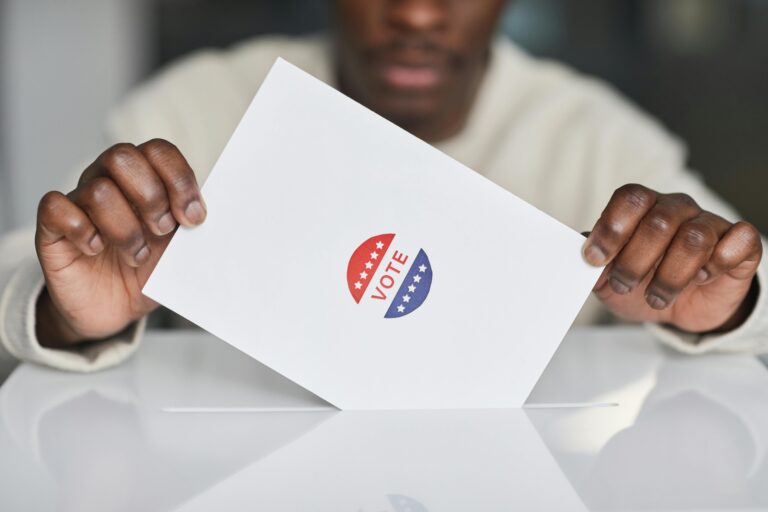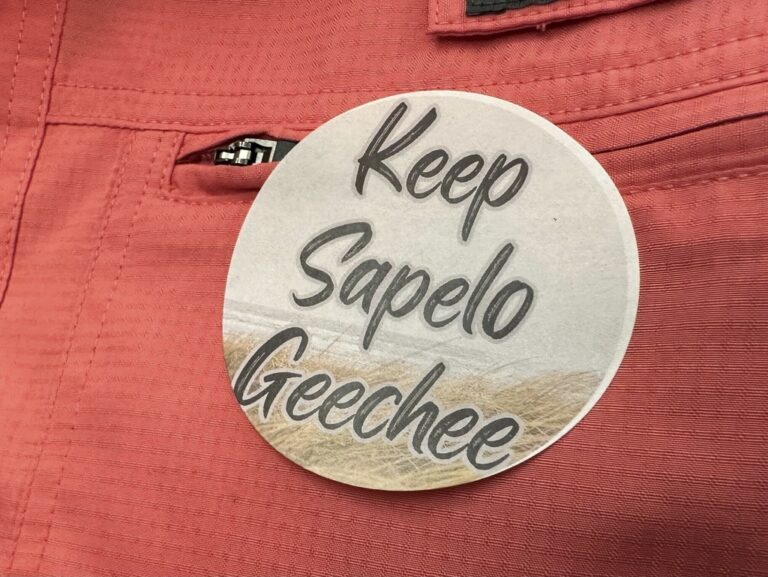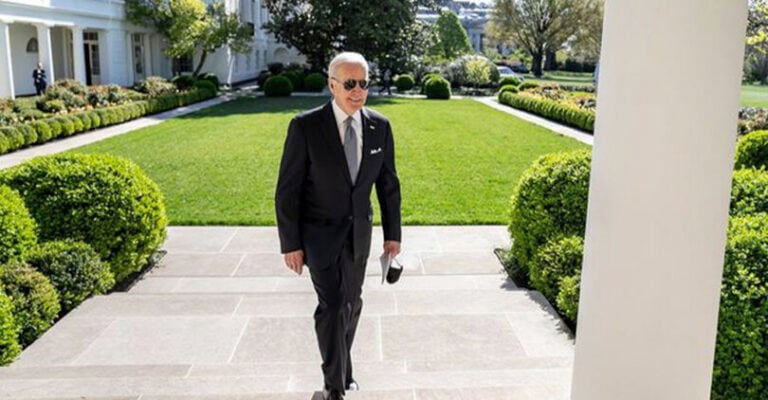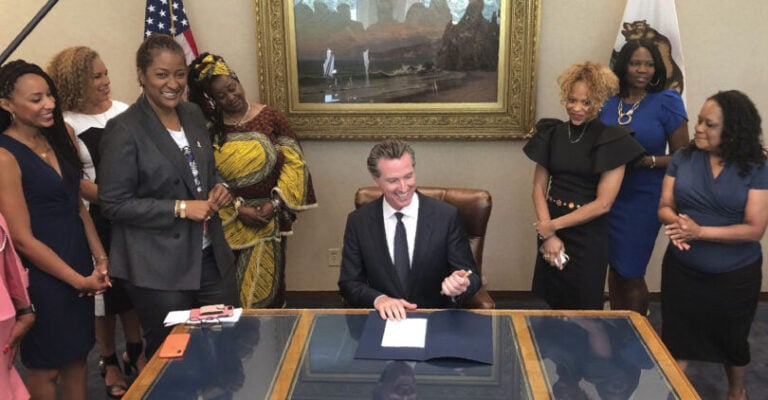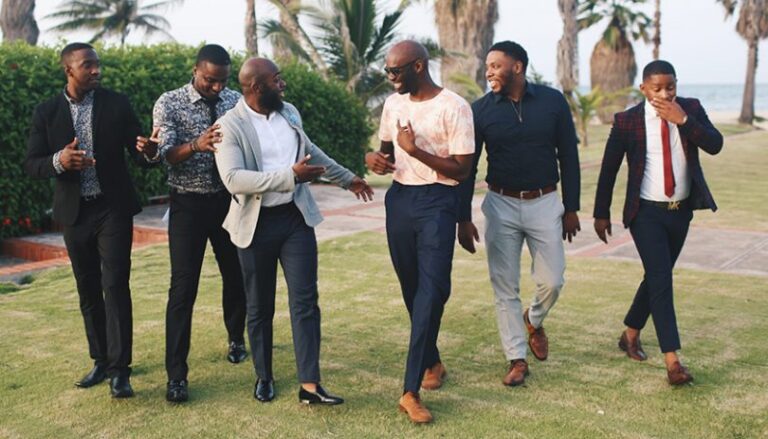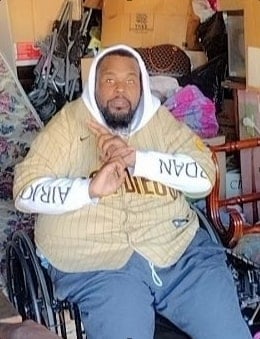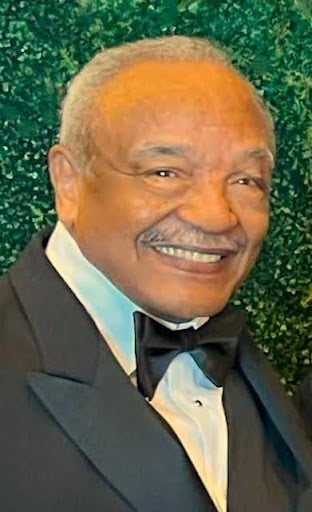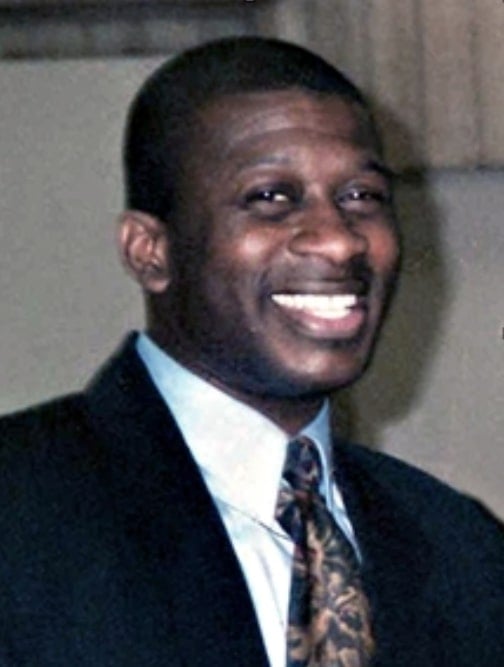By Stacy M. Brown, NNPA Newswire Senior National Correspondent
Standing in the Rose Garden, where a somber yet respectful silence filled the unseasonably warm November air, President Joe Biden addressed reporters, staffers, and supporters gathered to witness his final words on the transition of power. Against a backdrop of blooming roses and the White House’s historic pillars, Biden stated his commitment to a peaceful transition, congratulating President-elect Donald Trump on his victory and extolling the enduring strength of American democracy. His voice carried conviction as he reminded the nation of the unique nature of the American experiment in self-government, where “the will of the people always prevails.”
“Yesterday, I spoke with President-elect Trump to congratulate him on his victory,” Biden stated, standing firm despite having bowed out of the race himself under intense pressure from fellow Democrats in July. “I assured him that my administration will work closely with his team to ensure a peaceful and orderly transition.” For Biden, the assurance went beyond procedure; it was, he said, a duty owed to the American people.
Biden turned his remarks to Vice President Kamala Harris, whom he praised for her resilience, describing her as a “partner and a public servant” with “a backbone like a ramrod.” The outgoing president recalled Harris’s strength and integrity throughout her 107-day campaign. “She gave her whole heart and effort,” Biden said. “She has great character, true character. She gave her whole heart and effort, and she and her entire team should be proud of the campaign they ran.”
Biden continued: “You know, the struggle for the soul of America since our very founding has always been an ongoing debate and still vital today. I know, for some people, it’s a time for victory, to state the obvious. For others, it’s a time of loss. Campaigns are contests of competing visions. The country chooses one or the other. We accept the choice the country made. I’ve said many times you can’t love your country only when you win. You can’t love your neighbor only when you agree.”
The nation’s 46th president acknowledged the range of emotions nationwide. “For some, it’s a time for victory; for others, it’s a time of loss,” he remarked, urging Americans to “see each other not as adversaries but as fellow Americans.” A murmur of agreement rippled through the crowd as he spoke about the need to bring down the temperature of political discourse.
Biden focused on the integrity of the American electoral system, asserting its honesty and transparency. “It can be trusted, win or lose,” he declared. Applause broke out as he expressed gratitude to the election workers across the country, many of whom volunteered to protect the sanctity of the election process.
As Biden pledged to uphold the Constitution, his gaze swept over the crowd. “On January 20th, we will have a peaceful transfer of power here in America,” he affirmed, his voice carrying the weight of a leader committed to his oath. Staffers and longtime supporters nodded in quiet acknowledgment as he expressed deep gratitude for their tireless work.
Reflecting on his administration’s achievements, Biden pointed to the infrastructure investments to transform communities in the coming years. “The road ahead is clear,” he said, his optimism undiminished. With 74 days remaining in his term, he pledged to “make every day count. It’s been a historic presidency—not because I’m president—because of what we’ve done, what you’ve done—a presidency for all Americans.”
He asserted that the American people are already benefiting from much of the work his administration has done. “The vast majority of it will not be felt over the next 10 years,” he remarked. “We have legislation we passed that’s just now really kicking in. We’re going to see over a trillion dollars’ worth of infrastructure work done, changing people’s lives in rural communities and communities that are in real difficulty because it takes time to get it done, and so much more that’s going to take time. But it’s there.”
The president called the road ahead clear, “assuming we sustain it.” He called the legislation he and Harris were able to get through historic.
“You know, we’re leaving behind the strongest economy in the world. I know people are still hurting. But things are changing rapidly,” Biden stated. “Together, we’ve changed America for the better. Now we have 74 days to finish the term—our term. Let’s make every day count. That’s the responsibility we have to the American people.
“Setbacks are unavoidable, but giving up is unforgivable The American experiment endures, and we’re going to be okay. Above all, we need to keep the faith.”


